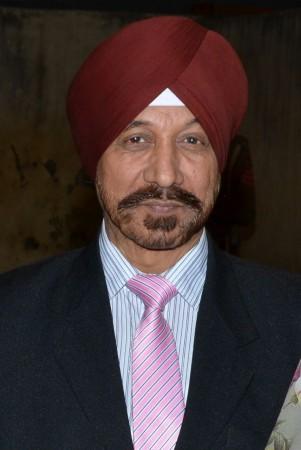
The BBC documentary on the heinous Delhi gang rape caused much outrage in India in the recent weeks, with some protesting the documentary while the other protesting the ban on the film.
While scores of netizens expressed their anger against India's ban on the film by sharing the video on social media sites, many Indians accused the British channel of attempting to tarnish the country's image.
Delhi-based businessman Harvinder Singh showed his disapproval of Leslie Udwin's documentary 'India's Daughter' with his own video titled 'United Kingdom's Daughters' that highlights the crimes against women in Britain.
The video went viral, receiving more than 2,00,000 views since it was published last week, and became a trending topic on Twitter in India, as people applauded what they thought was a fitting reply to the BBC film.
However, Singh himself says the video was not meant to be a 'tit-for-tat', but only a 'reply'.
"A daughter is a daughter, irrespective of the country, culture or religion," Singh told IBT India.
"The purpose of making this film was to show that rape is a hideous crime that has been perpetrated since ages. It cannot be linked to any particular country," he said.
Singh had posted the following message along with the video -- "This is reply to BBC for making Video on Rape cases in other Countries when they are them self at the 5th place in World's Rape list, to remind them " Daughter is Daughter, She is not Indian or British (sic)"
Singh compiled a video, largely taking clippings from BBC's film 'I Never Said Yes', stating at the beginning of the 28-minute video that 'United Kingdom is 5th at the world's rape list (sic)'.
Singh goes on to cite several such 'statistics', which he said he took from official websites, before the video moves on to the footage of a grim interview of a rape survivor. "There is nothing new in my documentary. I have just shown them the mirror by showing their own films, which shows the condition of their own society," Singh had posted on the YouTube link.
For Singh, the 'biggest problem' with the 'India's Daughter' documentary was its title, he says.
"It was the most unfortunate part of this episode. How can one attach our country's name with a crime that is a global problem?" he said.
"When BBC produced a film on rape in UK, they named it 'I Never Said Yes'. Why didn't they call it 'UK's Daughters'? This clearly shows their intention was to tarnish India's image," Singh said.
BBC had said on its website alongside the documentary that 'a woman is raped every ten minutes in the UK and yet thousands of rapes go unreported and conviction rates remain low'.
Asked if he was contacted by any British authorities or news channels over the video, Singh said he did receive any communication from UK, but said that several Indian news channels wanted to bring him on air.
"Almost all Indian media and some important western print media published this news, and some TV channels also contacted me to invite me for their programs but I refused the interviews. I don't want publicity. My aim is to create awareness and I have done my job through this video," he said.
However, not everyone has appreciated Singh's video, calling it a case of misplaced patriotism.
#united kingdom's daughters so obsessed with patriotism,wish same passion wuld have been used for mking it a safe place fr women and men too
— shalinilearningspace (@shalinilearning) March 12, 2015
I think the conversation would have been a bit more productive if it wasn't India's Daughter, United Kingdom's Daughter but just, Daughters. — Hardik Rajgor (@Hardism) March 14, 2015
Watch Singh's Video Here:
















